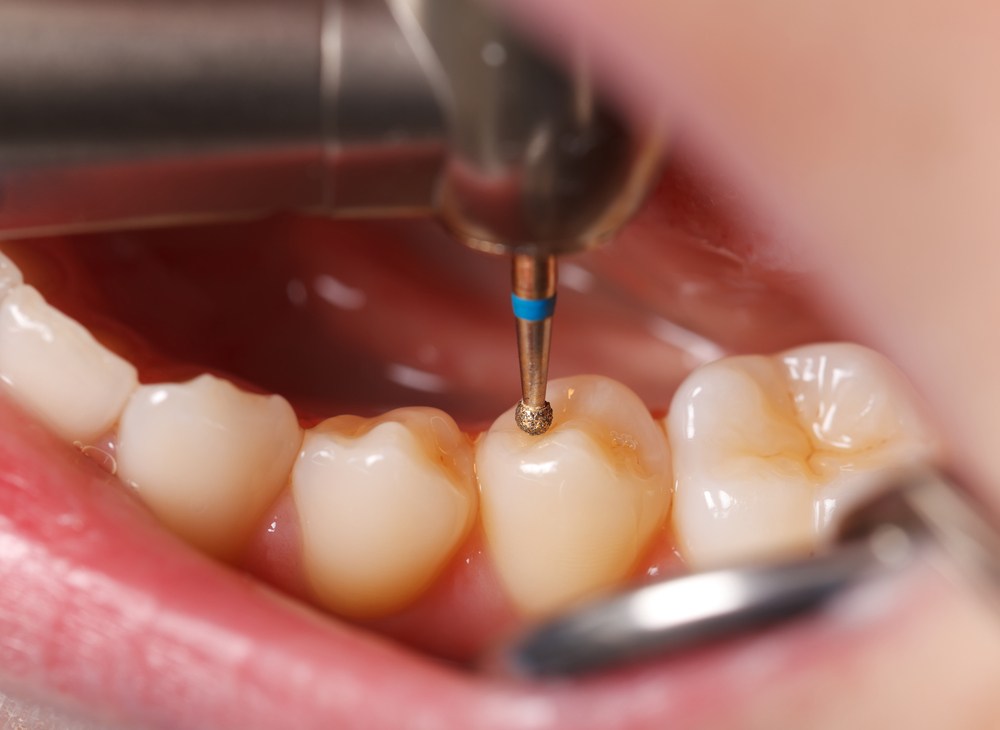Ask-A-Dentist: How does smoking affect my dental hygiene? Part 2

Smoking is damaging to your levels of dental hygiene, making you more susceptible to oral cancer or periodontitis.
Image via Shutterstock.
In our first post about smoking and oral health, we looked at how smoking affects the teeth, gums and mouth, whether smoking causes gum disease (otherwise known as periodontitis) and how smokers can protect their mouth from oral diseases. This post will answer the remaining questions we've received over the past few months.
Smoking and Oral Hygiene: Does smoking lead to oral cancer?
Smokers are five times more likely to develop major cancers of the mouth – the act of smoking alone is the single biggest risk factor in developing cancers of the mouth. Pre-cancer changes in the mouth can be detected by dentists, so it's even more important to have regular dental hygiene check ups if you are a smoker, so that changes can be detected and treated before they worsen.
Smoking and Oral Hygiene: Does smoking loosen teeth?
As mentioned in the first part, smokers are six times more likely to develop periodontitis than non-smokers. Periodontitis damages the tooth's supports, making it less stable and can lead to them loosening and requiring extraction, possibly from an emergency dentist if left too late without repair.
Smoking, in addition to affecting saliva production, lowers your body's ability to reduce harmful bacteria that can cause gum disease.
Smoking and Oral Hygiene: Does smoking stain the teeth?
Yes. In the first few years of smoking your dentist is usually able to remove stains, but as the years pass the staining can spread into microscopic cracks in the tooth's enamel, making it a lot harder to remove. It can lead to permanent staining of the tooth.
Smoking and Oral Hygiene: How will a smoker know when their gums are damaged?
As mentioned in the first post, the problem with smoking is that it tends to mask the deterioration of your overall oral hygiene levels, making them seem healthy upon initial inspection. You will need to visit your dentist for regular check ups to get an accurate picture of your oral health and they will make recommendations for treatment as necessary. However, the best method of treatment is to quit smoking – the improvements to your health are noticeable within a week, and after 3-5 years of quitting your chances of getting oral cancer are halved.
To organise an appointment with your dentist, call Shore Dental on (02) 9953 1124.
For more information on oral health, check out our post on why you may have bad breath here: /blog/post/oral-health-why-do-i-have-bad-breath/

